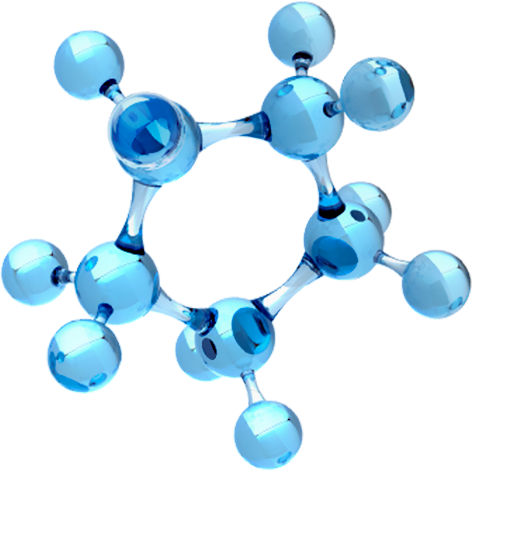Glycerol Monostearate (GMS) is a widely used emulsifier in food, pharmaceuticals, cosmetics, and industrial applications. It is known for its ability to stabilize emulsions, improve texture, and enhance the shelf life of various products.
What is Glycerol Monostearate?
Glycerol Monostearate (GMS) is a glycerol ester of stearic acid. It appears as a white, odorless, and sweet-tasting powder or waxy substance. GMS is commonly used as an emulsifier, thickening agent, and stabilizer in food and industrial applications. It is produced through the reaction of glycerol and stearic acid, which results in a compound that helps mix water and oils efficiently.
Benefits of Glycerol Monostearate
Glycerol Monostearate offers numerous benefits across different industries. Some of its key advantages include:
Food Industry Benefits
- Acts as an emulsifier in baked goods, margarine, and dairy products.
- Enhances texture and consistency in processed foods.
- Helps retain moisture in food products, preventing dryness.
- Extends shelf life by stabilizing ingredients and reducing spoilage.
Pharmaceutical Benefits
- Used in tablet formulations as a binder and controlled-release agent.
- Improves the stability and bioavailability of active pharmaceutical ingredients (APIs).
- Helps in the production of medicated creams and ointments.
Cosmetic and Personal Care Benefits
- Used in lotions, creams, and moisturizers as a thickening agent.
- Enhances the spreadability and absorption of skincare products.
- Acts as a stabilizer in cosmetic formulations.
Industrial Applications
- Used in the production of plastics, resins, and waxes.
- Helps in the manufacturing of textile and leather treatments.
- Acts as a lubricant and anti-static agent in various industrial applications.
Side Effects of Glycerol Monostearate
GMS is generally considered safe for consumption and use in various applications. However, excessive intake or prolonged exposure may lead to some side effects, including:
-
Digestive Issues
High consumption may cause bloating, gas, or mild digestive discomfort.
-
Allergic Reactions
In rare cases, individuals with sensitivities may experience allergic reactions.
-
Skin Irritation
When used in high concentrations in cosmetics, it may cause mild skin irritation.
-
Potential for Overuse
Overuse in industrial applications may affect product stability if not properly formulated.
Uses of Glycerol Monostearate
Glycerol Monostearate is used in various industries due to its versatile properties. Some of its key applications include:
Food and Beverage Industry
- Used in ice creams, bakery products, dairy items, and confectionery.
- Improves the consistency and texture of processed foods.
Pharmaceuticals
- Acts as a controlled-release agent in drugs.
- Used as an excipient in tablet formulations.
Cosmetics and Skincare
- Used in creams, lotions, shampoos, and conditioners.
- Enhances emulsification and stability in skincare products.
Industrial Applications
- Used in the production of plastics, lubricants, and waxes.
- Acts as a dispersing agent in paints and coatings.
Conclusion
Glycerol Monostearate (GMS) is a highly versatile compound used across various industries for its emulsifying, stabilizing, and thickening properties. While it offers numerous benefits, it is important to use it within recommended limits to avoid any potential side effects. As a leading manufacturer and supplier of stabilizers, Nimbasia Stabilizers ensures high-quality GMS for different applications.









